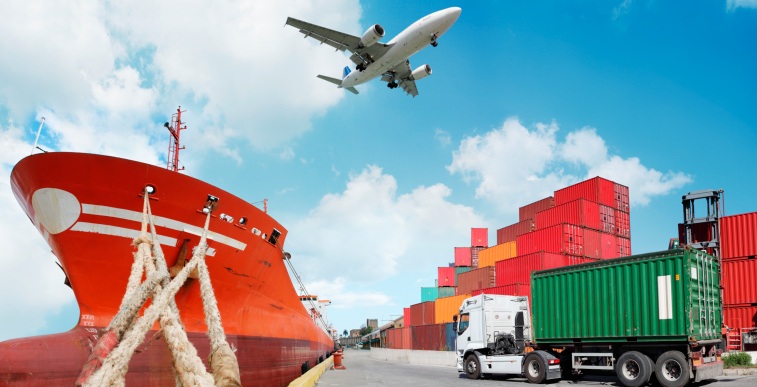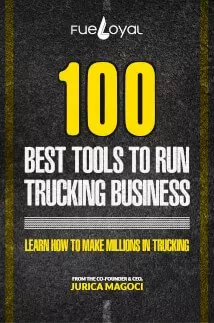Thereupon, I would like to start with the first noticeable difference.

Were you aware of the fact that freight forwarders are the people in charge of arranging cargo transportation process, from point A to point B? On the other hand, we have the freight brokers who are in fact outsourcing the transportation activities.
Also, we can see that there is a big difference in the operational process between the freight forwarders and freight brokers.
In my previous articles, I have explained more about freight brokers, and that is why I expect you to know the fact that these people are working out of a small office. Whereas the forwarders can store your cargo in their warehouses, consolidated and assembled. This puts freight forwarders in advantage.
Last but not least, when it comes to the legal requirements, freight brokers are not lists with any legal document, while on the opposite, freight forwarders are on the Bill of Lading. In addition to that, freight forwarders need to be registered with the U.S. Federal Highway Administration (liability insurance policies and carrying cargo).
8. Documentation That The Freight Forwarder Should Provide You
Since you are already in the process of choosing a freight forwarder, there is one more thing that you shall pay special attention to, and that is the documentation that the freight forwarder should provide you.






